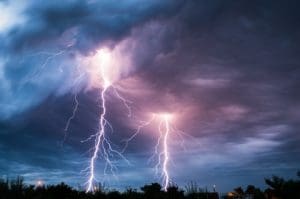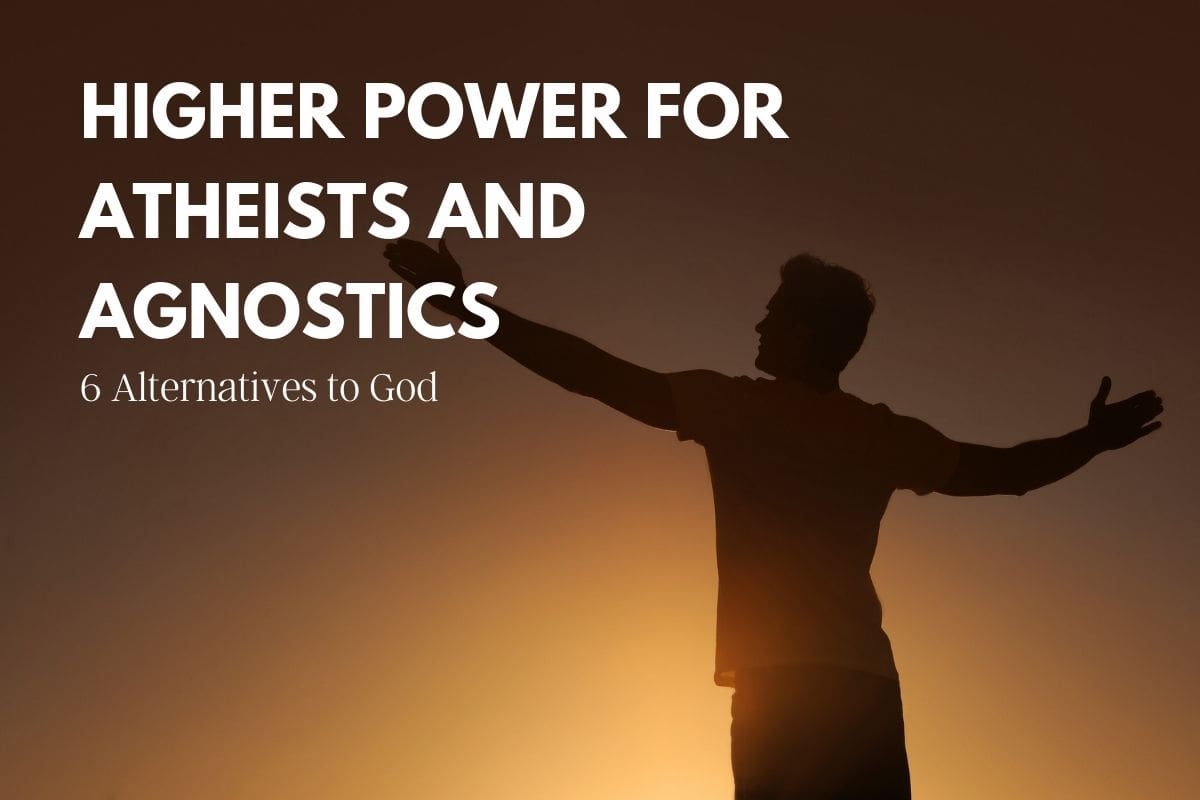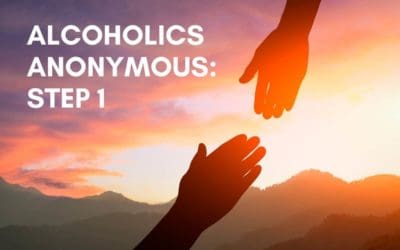Newcomers to addiction recovery are often taken aback by the frequent mention of God or other aspects of faith (such as prayer). Many rehabs are centered around 12 step-based treatment programs, which can have a heavy emphasis on religions references. Understandably, these references can be intimidating or offputting to those who aren’t religious and can make it difficult connecting to the steps and their underlying principles. To overcome those barriers, let’s address the biggest hurdle: the concept of ‘God’.
12 Steps & Religion
The reason for all the religious mentionsAlcoholics Anonymous was founded as a Christian organization in 1935. However, as it’s grown, so has its diverse member base. As such, AA (and the many organizations modeled after it) adapted their literature and approach to allow spiritualital elements to be up to interpretation. While there are certainly still faith-based 12 step groups that may abide by the original literature, it is just as easy to find non religious 12 step groups, some of which omit religious references altogether. Today’s modern 12 step groups encourage participants to interpret the messaging in a way that resonates with them best.
Alternatives To “God”: Finding Your Higher Power
In 12-step meetings, the emphasis is on “a god of your understanding”. However, many people feel the hairs on their neck stand up at the word god. They are immediately turned off of 12-step programs because they felt the pressure to understand god.
For many, the phrase higher power is more versatile term that’s easier to grasp regardless of your religious (or lack thereof) background. Think of it as a force that exerted some kind of influence on your life and that was also completely out of your control. This “power greater than myself” can be anything, as long as its meaningful to you. Here are a few suggestions that the Freedom Center team have used:
1. Laws of Nature

I had plans at home that evening, but those plans went out the window when our flight was finally canceled, and we wait until morning to get home. My plans were supplanted by the weather—a force completely out of my control.
Mother Nature has her way of stomping all over our best-laid plans—outdoor weddings are ruined by rain. That big sports game gets a snow delay. Hurricanes take out people’s homes. Often there’s little we humans can do but take cover.”
2. Laws of Science
“When scientists discovered the atom, they believed they had found the smallest particle possible. But then they discovered that atoms are made up of even smaller parts. With every question scientists answer, even more arise. The most common one is the question, “Why?”
Why is the gravity on one planet stronger than the other? Why What makes it all work? Why does gravity exist? When you start looking at the underpinnings of the laws of science, they are elusive, incomprehensible by the human mind.
Scientists simply endeavor to solve a mystery—a mystery that gets deeper and deeper the more they investigate.”
3. Love
“Love is an infinite resource—and it’s a powerful one. Songs are written about it. Movies illustrate epic love stories, and it’s the topic of many a book, both fiction and nonfiction.
But love as a higher power doesn’t have to be restricted to romantic love. If love is acceptance, then we can look at love from a higher vantage point, as something that can unite and empower us all.”
4. The Flow of the Universe
“Some say things happen the way they’re supposed to; others say they happen the way they happen. The latter gets at the idea that the universe is moving in some fashion, and there is little we as humans can do about where it’s going.
Yes, this can apply to the moon and the stars and the planets, and how they rotate through their orbits. But also just to the way things happen. Why was I born to the parents I was born to? Why did I go to the party where I met my husband? Why were we given the blessing of a child? Why were we given the blessings of recovery?
No one can answer that, not really. It’s just the flow of the universe.”
5. Music and the Arts
“Listen to an old favorite song and notice what emotions and memories it can evoke, seemingly out of nowhere. The emotionality of music is a powerful force. Musicians often say that the songs they write don’t come from them, but through them. But you don’t have to create art to feel it’s power.
How often do you find yourself moved by a painting? Has a novel ever brought you to tears? Taken separately, the ink and paper don’t have the power to do that, a guitar is just wood and strings. But with the right alchemy of words and sounds, they can transform people.”
6. Humanity
“Recovery is about community. This idea is rooted in the commonality of the human experience. We all struggle, and sometimes we lose, sometimes we win, sometimes we come out close to even. The human experience is what connects us and makes us able to empathize with one another.
What’s best, then, for all of humankind can only help us all. The interconnectedness of humans is evident in recovery, especially when I’ve seen someone in recovery guide someone else still struggling to a meeting or treatment. One person’s happiness can affect the happiness of others—by a power greater than themselves. No man is an island.”
No, You Don’t Need To Be Religious To Participate in 12 Step Groups
Technically, Alcoholics Anonymousis open to everyone, regardless of religion, race, or creed. Those of different faiths, including agnostics and aethists can still participate in 12 step recovery programs and will find themselves very welcome in those circles. Regardless of your spiritual or religious beliefs (or lackthereof), don’t let them deter you from experiencing the community, support, and personal growth that 12 step programs have to offer. Learn more about 12 steps and whether they might be right for you.

































